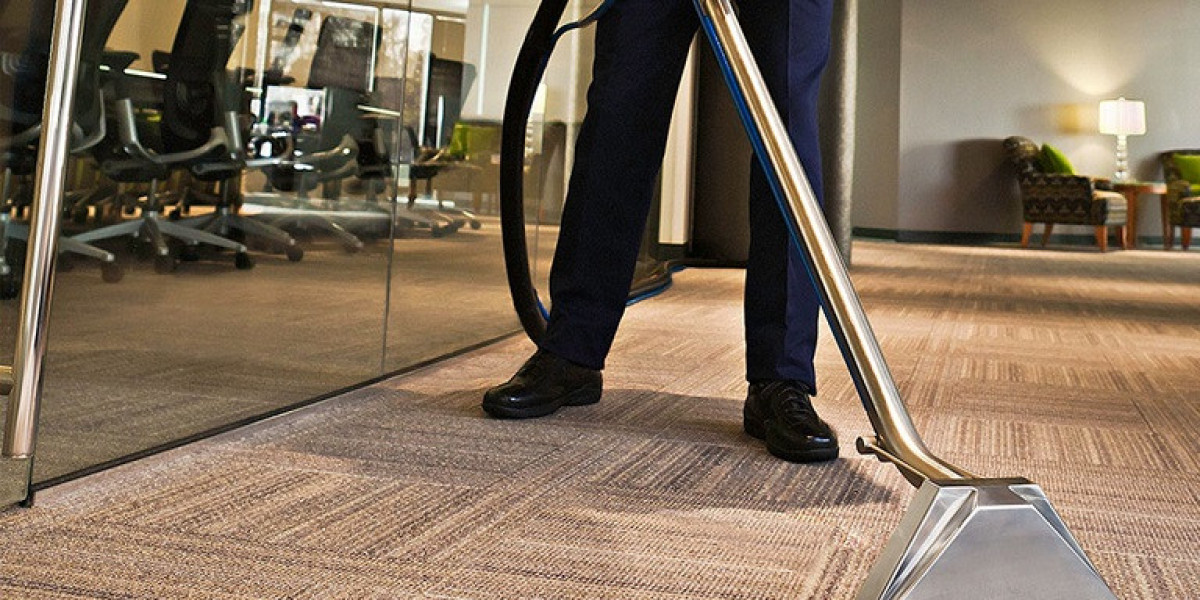Shock Wave Therapy Gains Ground as a Non-Invasive Healing Option in the U.S.
May 2025 — United States — Once confined to urology clinics for treating kidney stones, Shock Wave Therapy (SWT) is now experiencing a medical renaissance across the U.S., finding new life as a non-invasive treatment for everything from chronic pain to soft tissue injuries and even aesthetic concerns.
What Is Shock Wave Therapy?
Shock Wave Therapy involves the delivery of high-energy acoustic waves to injured or painful areas of the body. These waves stimulate the body’s natural healing processes, increasing blood flow, cell regeneration, and collagen production. It is primarily offered as:
Radial shock wave therapy (RSWT) – for broader, superficial areas
Focused shock wave therapy (FSWT) – for deeper, targeted treatment
Key Medical Uses in the U.S.
Orthopedics and Sports Medicine
Plantar fasciitis
Tennis elbow
Achilles tendinopathy
Shoulder calcifications
Chronic hamstring injuries
Shin splints in runners
Urology
Erectile dysfunction (ED): GainsWave and other focused SWT systems are increasingly used as a non-pharmaceutical ED treatment
Peyronie’s disease: Used to break down fibrous plaque
Physical Therapy & Rehabilitation
Speeds up tissue recovery post-injury
Reduces chronic pain in joints and ligaments
Aesthetic and Dermatology
Cellulite reduction
Skin tightening
Scar tissue remodeling
How It Works
Shock waves trigger microtrauma that stimulates neovascularization and releases growth factors. The therapy is typically administered in 5–6 outpatient sessions, each lasting 15–30 minutes, and is non-invasive with no downtime.
Advantages
✅ Drug-free and surgery-free
✅ Minimal to no recovery time
✅ High patient tolerance and satisfaction
✅ FDA-cleared devices for musculoskeletal and ED uses
Popular Devices in the U.S. Market
Storz Medical (D-Actor, Masterpuls)
BTL Aesthetics
Zimmer EnPuls Pro
ED-specific: Alma Duo, GainsWave
These devices are widely adopted in sports medicine clinics, physical therapy centers, dermatology practices, and even concierge wellness clinics.
Evidence and Efficacy
Studies have shown that SWT can lead to:
70–80% improvement in plantar fasciitis symptoms
Significant ED improvement in men unresponsive to PDE5 inhibitors
Positive outcomes in calcific tendinitis and patellar tendinopathy
However, results may vary, and optimal effectiveness depends on the type of injury, treatment intensity, and patient response.
Limitations & Considerations
❌ Not suitable for patients with blood clotting disorders or pacemakers
❌ Effectiveness may decline with long-standing or severe tissue damage
? Often not covered by insurance (especially for ED and aesthetic uses)
⚠️ Mild discomfort, redness, or swelling may occur post-treatment
Future Outlook
With growing demand for non-invasive regenerative treatments, the U.S. shock wave therapy market is expected to exceed $500 million by 2030. Innovations in portable shock wave devices and integration with AI-guided therapy protocols are already in development.








